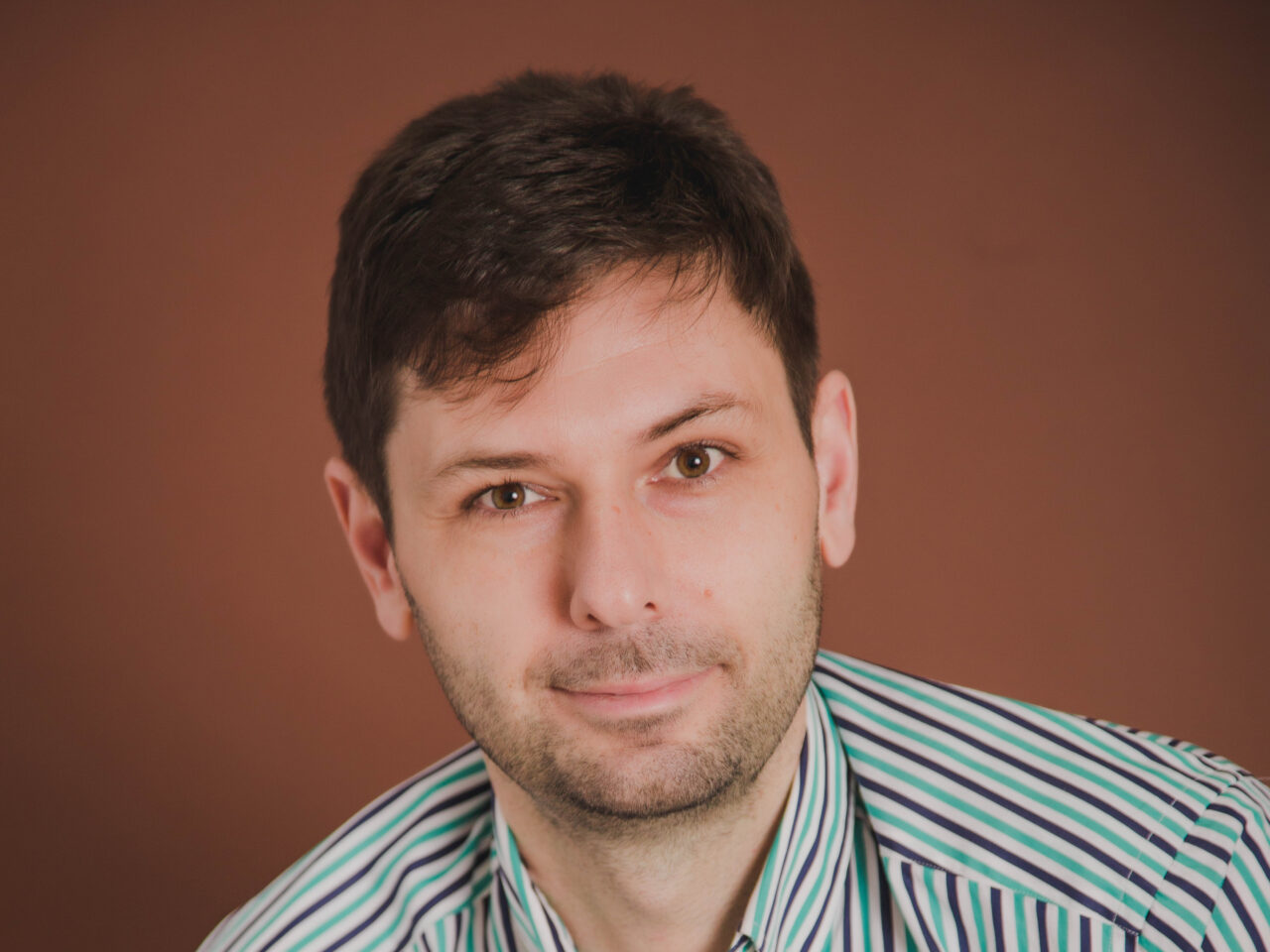In this second edition of the “Coping with Cancer” series, Adrian Pogacian clarifies what coping truly means in the context of cancer. He addresses common misconceptions and introduces key strategies like Psychosocial Support, Posttraumatic Growth, and Spirituality that can help turn despair into hope.
What Coping with Cancer is Not?
“One must imagine Sisyphus happy”
– Albert Camus
In the first article of this series, I argued that coping can be a behavior, a thought, an attitude, or a feeling. Consequently, this point of view may lead to some misunderstandings of this concept:
1. Coping and personality are different concepts – Personality is a much broader construct than coping, affecting the behavior, cognition, emotions, and even physiological functioning of individuals across all conditions. Furthermore, coping mechanisms don’t have the effects and stability that characterize personality traits.
2. Coping is not a problem-solving strategy – Unlike problem-solving strategies that are applicable to challenges of any kind, coping mechanisms mainly target problems of personal importance, especially in circumstances involving suffering and stress, in our case: cancer.
3. Coping mechanisms are not defense mechanisms – The distinction is extremely important because coping mechanisms are much more under the patient’s control than defense mechanisms. Defense mechanisms are, in essence, unconsciously activated processes designed primarily to deal with internal threats represented by ethical impulses and demands. On the contrary, coping mechanisms are a consciously activated response, mostly under the control of the individual, to deal with real situations involving pain and suffering.
Since Coping with Cancer transforms tears into smiles, the most common coping mechanisms are the following: Psychosocial Support, Posttraumatic Growth, and Spirituality. As for the Special Coping Mechanisms, these will be explained in the next article.
Other posts by Adrian Pogacian.
Adrian Pogacian, MS Psychology, clinical psychologist with executive education in Psycho-oncology, holding a degree in Global Health Diplomacy from Geneva Graduate Institute.
Currently, researcher and associate lecturer with focus on Impact of Cancer Diagnosis on Couples and Families, Communication in Cancer Care and Posttraumatic Growth. His expertise is on Coping with Cancer and managing Fear of Recurrence.
Additionally, Founder of INCKA Psycho-oncology Center, Host of Beyond the Cancer Diagnosis Interview Series as well as Writer and Host Content in Psycho-oncology at OncoDaily.com, co-author of the first Romanian Multimodal Care Guideline in Pediatric Onco-hematology, active contributor to the International Psycho-oncology Society, presently IPOS Fear of Cancer Recurrence SIG member and IPOS Early Career Professionals in Psycho-Oncology Committee founder member.


